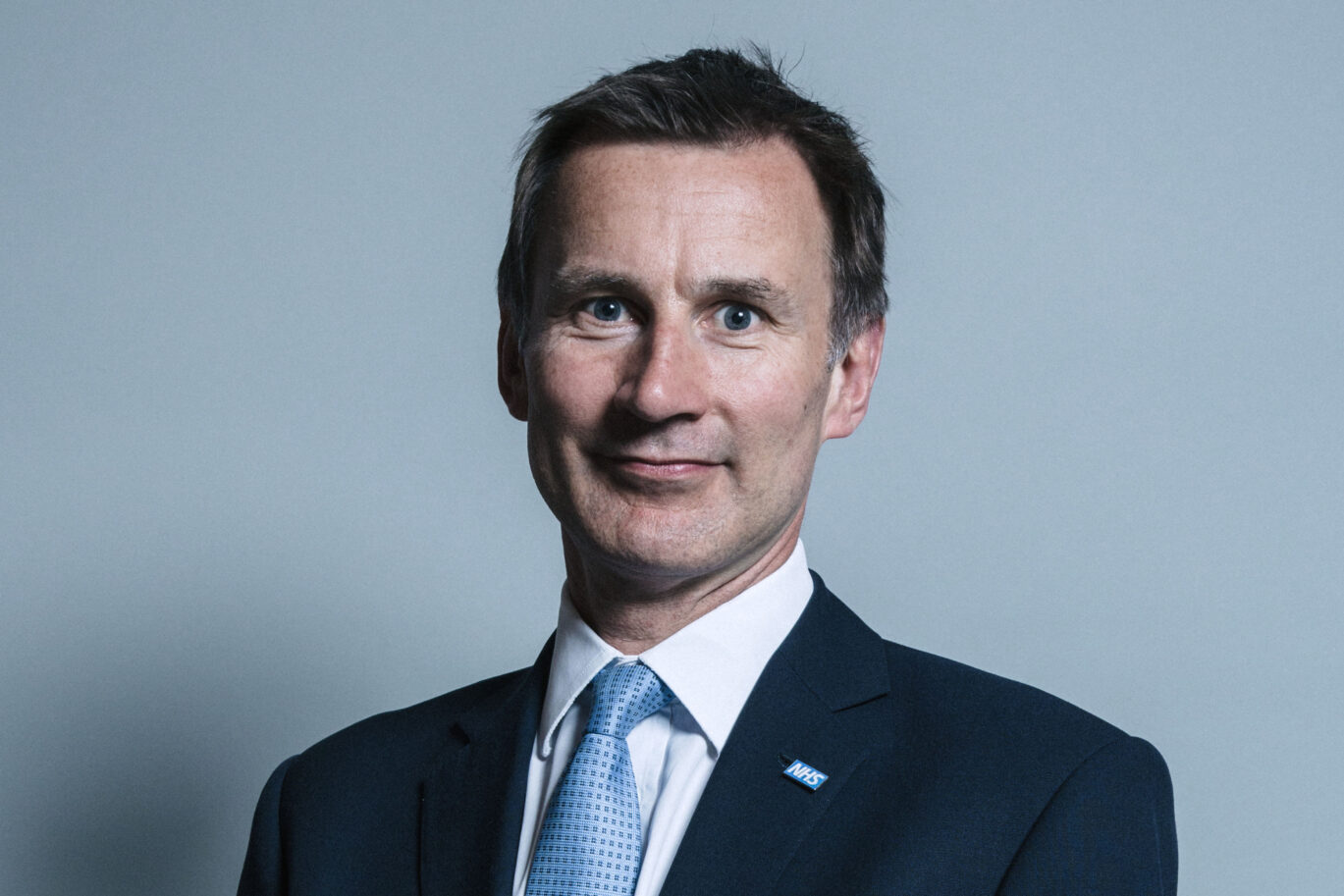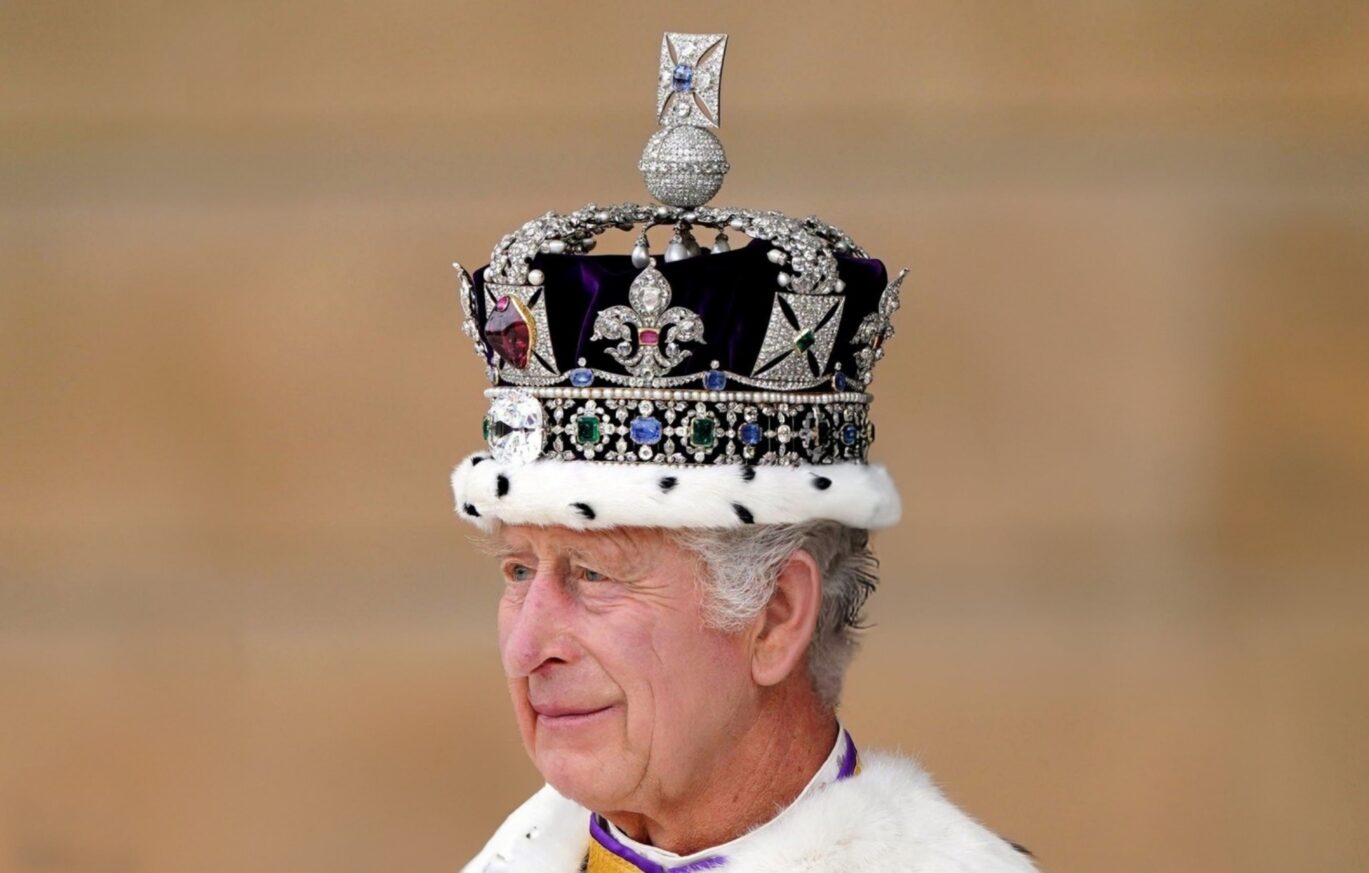You’ve got to admire Jeremy Hunt’s chutzpah. The Chancellor delivered what is probably the last major financial statement before the General Election to a packed Commons Chamber yesterday afternoon. Listening to him, you would never guess that the UK is technically still in recession, clambering out of negative growth after over two years of stagnant economic performance. It is not an enviable record, but Hunt gave a brazen performance, cheered on by the Tory backbenchers in marginal seats he was eager to namecheck as he announced sweeteners across a range of sectors and regions.
There were rowdy moments. One of the things I recall most clearly from my own experiences of being squashed onto the green benches on Budget Day is just how difficult it can be to hear what’s actually being said from the Despatch Box. The ability of broadcasters to edit out the background noise gives a false sense of just how raucous it gets in the chamber. Deputy Speaker Dame Eleanor Laing did a valiant job of trying to keep MPs in line, even though her calls to order sometimes seemed timed to sabotage the flow of the Chancellor’s performance.
The Chancellor’s big headline, a 2p cut in National Insurance, hot on the heels of a similar cut late last year, is a blatant political pitch for the allegiance of squeezed middle earners. Whether this extra cash in the pockets is anything like enough to offset the sharp increases in mortgage payments and household bills most of us have had to deal with over the last few years remains a moot point. An average earner will be around £450 better off per annum thanks to the latest NI cut, but could well have seen their costs increase by more than that in the last year. They are unlikely to be too impressed.
Moreover, Hunt’s attempts to persuade us that he was cutting personal taxation today are quite misleading, thanks to our old friend fiscal drag. By freezing tax thresholds while wages are rising broadly in line with inflation (lower than it was, but still at 4%), more of us than ever are being drawn into those higher income tax bands, leaving the overall tax burden higher, not lower. According to Keir Starmer, that tax burden is at a 70 year high, a point he will be keen to hammer home over the coming days.
The Chancellor will also have angered his Scottish Tory colleagues by funding his giveaways through an extended Energy Profits Levy on the North Sea energy sector. This seems an own goal, given Labour’s recent self-inflicted damage to their credibility on energy issues, and it flies in the face of all the Chancellor’s rhetoric about investment and innovation. It makes Scottish Tory MPs look ineffectual and will make it harder for them to shore up their marginal seats. Expect more ructions on that one between Conservatives north and south of the border in the days to come.
The rest was strangely lacklustre. There was a lot of centre-right virtue signalling about the economy, productivity and growth, and some sensible initiatives around innovation and potential high-growth sectors, but Hunt had no real rabbits to pull from the hat. In the next few days analysts will no doubt pore over the detail in the Red Book (which is only released from the Vote Office after the Chancellor has sat down) to work out the full economic implications of Hunt’s decisions. But politically, it’s hard to see where any electoral bounce is likely to come from. Despite the bravura, it’s as though they know the game is up. After a difficult few weeks Labour have an opportunity now to get back on the front foot. In 1992, a sign on the wall of Bill Clinton’s campaign rooms read, ‘It’s the economy, stupid.’ Keir Starmer would do well to remember it.

- Insight & Analytics
- Political Analysis
7 Mar 2024
Hunt’s National Insurance fiddle for the squeezed middle
For more insights and news from True North click here
Photo by Wikipedia Commons
Keep in touch
Sign up to our newsletter.
"*" indicates required fields








